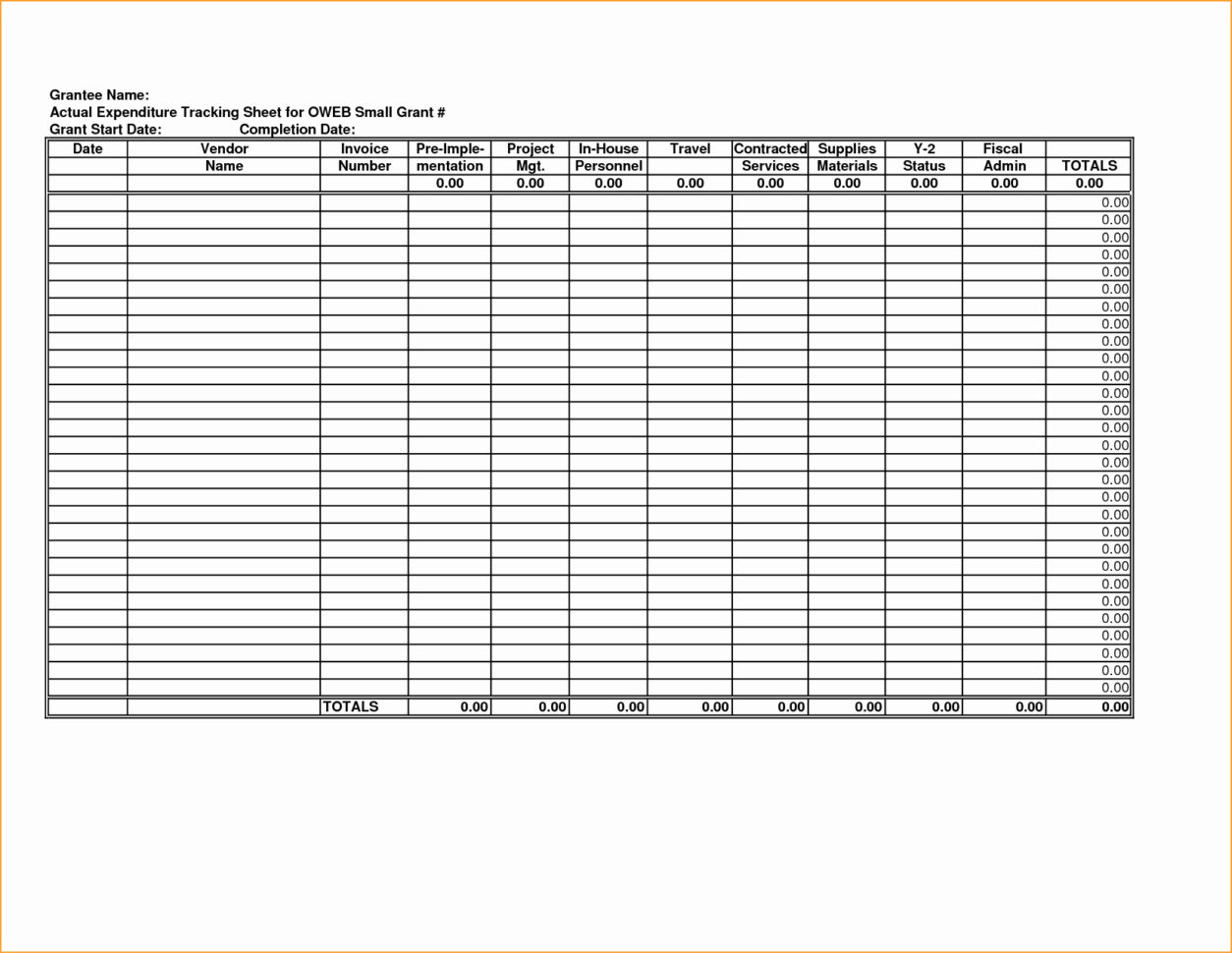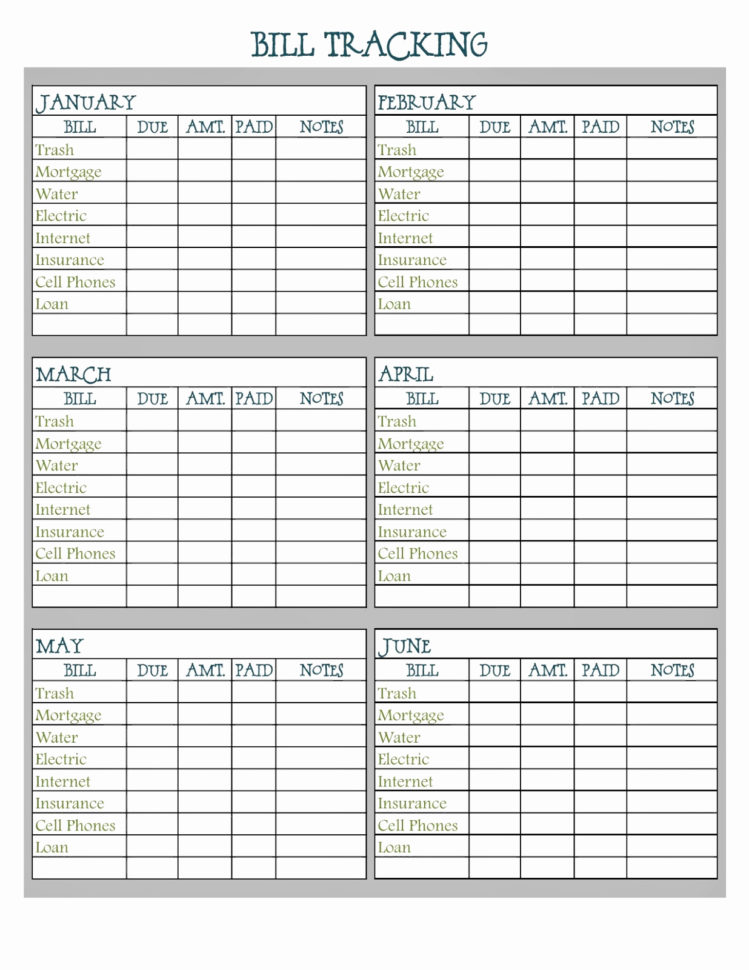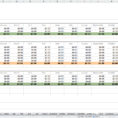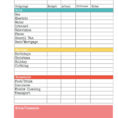The use of the Independent Contractor spreadsheet, or even the INDIC spreadsheet, depends on the type of work being performed. Independent contractors are usually hired as consultants, project managers, or as the “do it all” contractor who is in charge of doing things like construction, construction management, electrical, and mechanical jobs. This article focuses on contracting out jobs using an INDIC spreadsheet.
The first step in using the INDIC sheets is to decide what type of work it is that you want contracted out. Then determine the areas that you want those contracted in.
This means identifying the areas where you want to contract in. For example, if you wanted construction work, then you would put construction in that area. However, the same principles would apply for electrical or construction management.
Using a Contractor Indicator to Contract Out Your Construction Work
Once you’ve figured out the areas that you want to contract in, you can then divide your list into logical groups that make up an INDIC spreadsheet. Now, let’s see how to organize our lists of contractors and subcontractors.
First, you can create a list of all contractors by alphabetical order, and then go down the list from there. Each contractor on the list should be given a unique numerical code to represent their contract status.
The individual contract codes and the INDIC spreadsheet will not be the same. Some contractors may work on larger projects, while others may be able to hire subcontractors for smaller jobs. So each contractor and subcontractor will be on a separate line in the INDIC spreadsheet.
Now, to use the INDIC spreadsheet in its entirety, you should merge the contractor and subcontractor lists. To do this, all of the contractors and subcontractors must be listed on one line. Then, go down the list from that line and add the contractor/subcontractor list as many times as needed.
Also, the overall contract status for each contract should be on the INDIC sheet. Indicate the contractor’s status under the general contractor heading. Indicate the subcontractor’s status under the general subcontract heading.
Remember, that each INDIC sheet does not need to be perfect. It just needs to be functional. These two criteria are important because they will allow you to gain a better understanding of the INDIC system.
As you use the INDIC spreadsheet, you should keep these concepts in mind. Doing so will allow you to understand how to use the INDIC sheets more effectively.
You should also remember that the INDIC sheets do not provide you with a complete contract list. You still need to buy the contract list and cut it into sections for construction management. Also, you need to have a copy of your most recent project data, which is necessary to be able to show your clients what the subcontractors are actually doing.
Using an INDIC spreadsheet is not the same as purchasing a contract list from a third party. With the right tools, you can quickly set up a system to quickly and easily manage your job site and subcontractors. YOU MUST SEE : injury tracking spreadsheet
Sample for Insurance Certificate Tracking Spreadsheet







